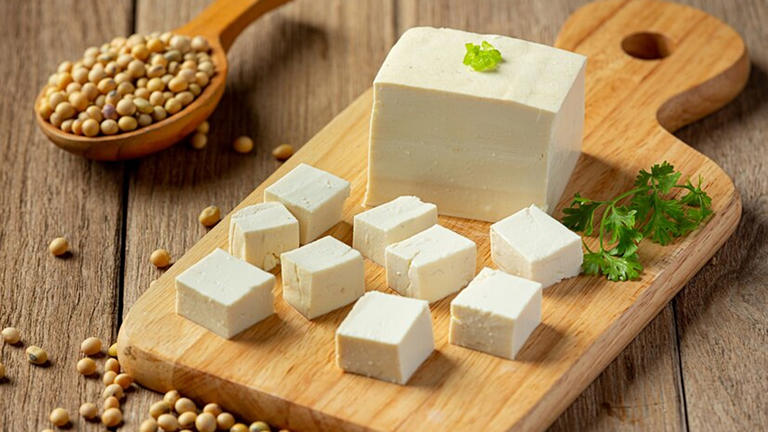In early April, findings from Noida revealed that among 168 food items tested by the Food Safety and Standards Authority of India (FSSAI), 47 paneer and khoya products were contaminated. This poses a concerning trend as impostor paneer, infiltrating the food market, threatens the authenticity and safety of this beloved soft Indian cheese, renowned for its versatility in curries and desserts.
Authorities are taking measures to address this issue. In February, a significant amount of fake paneer weighing 1300 kilograms was confiscated and safely disposed of along the Mumbai-Delhi Expressway. Similar incidents have occurred in recent years, with notable raids and seizures conducted by authorities, such as the seizure of 2000 kilograms of adulterated paneer in Mumbai in May 2022.
Given these circumstances, it’s essential to discern between genuine and fake paneer. According to Deepali Sharma, a clinical nutritionist at the CK Birla Hospital in Delhi, several factors can help in this differentiation:
Texture: Authentic paneer should be soft and easily breakable, while synthetic paneer tends to be rubbery or excessively smooth.
Smell: Genuine paneer emits a mild, milky aroma, whereas fake paneer may lack this characteristic or have a chemical scent.
Taste: Real paneer offers a clean, milky flavor, whereas synthetic versions may taste artificial.
Moisture Content: Genuine paneer typically has higher moisture content, releasing whey when pressed, while fake paneer tends to be drier.
Cooking Process: During cooking, authentic paneer maintains its shape and browns, whereas fake paneer may become rubbery, melt, or disintegrate.
Furthermore, Sharma advises purchasing paneer from trusted sources or reputable brands, ensuring to check for quality certifications or safety marks on the packaging to avoid synthetic products.
Consuming fake paneer can lead to various health issues, including stomach upset, diarrhoea, vomiting, and nausea. Long-term consumption may also impact liver and kidney health due to the presence of harmful chemicals and milk powder in synthetic paneer, posing risks to heart health as well. Therefore, it’s advisable to opt for fresh, natural paneer whenever possible or consider making it at home.



